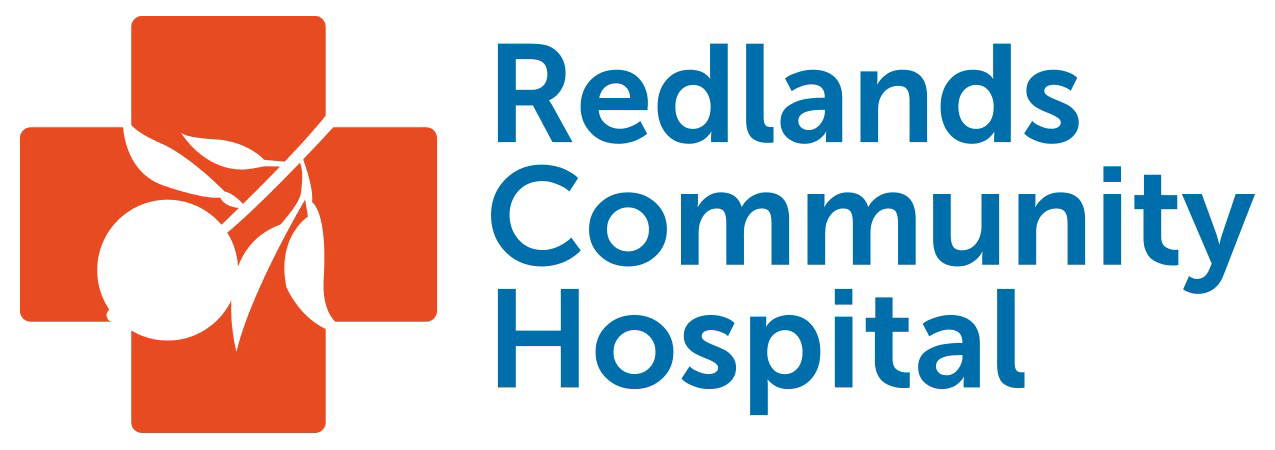Breast Cancer Awareness Year-Round
- Category: Press Room
- Posted On:
- Written By: Redlands Community Hospital
Monthly Self-Examinations and Yearly Mammograms Important in Early Detection of Breast Cancer
REDLANDS, Calif. – October is National Breast Cancer Awareness Month, designed to increase awareness among women of the importance of early detection of breast cancer through regular self-examinations and mammograms. However, awareness of breast cancer and early detection of this disease should be a year-round process that can add years to your life.
“Simply put, breast cancer is a malignant tumor that has developed within cells of the breast,” explains Tara Cauthron RDMS, RT(R)(M), Manager of the Women’s Health Imaging Center. “There are several different kinds, but some of the most common breast cancers are considered non-invasive, meaning they haven't spread to other tissue or parts of the body, and may be treated successfully if found early.”
Regardless of the type, early detection and treatment allows for the greatest chance of recovery. Mammography is a specific type of imaging that uses a low-dose x-ray system to examine breasts. A mammography exam, called a mammogram, is used to aid in the early detection and diagnosis of breast diseases in women.
An x-ray (radiograph) is a noninvasive medical test that helps physicians diagnose and treat medical conditions. Imaging with x-rays involves exposing a part of the body to a small dose of ionizing radiation to produce pictures of the inside of the body.
Mammography plays a central part in early detection of breast cancers because it can show changes in the breast up to two years before a patient or physician can feel them. Current guidelines from the U.S. Department of Health and Human Services (HHS), the American Cancer Society (ACS), the American Medical Association (AMA) and the American College of Radiology (ACR) recommend screening mammography every year for women, beginning at age 40. Research has shown that annual mammograms lead to early detection of breast cancers, when they are most curable and breast-conservation therapies are available.
The National Cancer Institute (NCI) adds that women who have had breast cancer and those who are at increased risk due to a genetic history of breast cancer should seek expert medical advice about whether they should begin screening before age 40 and about the frequency of screening.
Before scheduling a mammogram, the American Cancer Society (ACS) and other specialty organizations recommend that you discuss any new findings or problems in your breasts with your doctor. In addition, inform your doctor of any prior surgeries, hormone use, and family or personal history of breast cancer.
Do not schedule your mammogram for the week before your period if your breasts are usually tender during this time. The best time for a mammogram is one week following your period. Always inform your doctor or x-ray technologist if there is any possibility that you are pregnant.
The ACS also recommends you:
- Do not wear deodorant, talcum powder or lotion under your arms or on your breasts on the day of the exam. These can appear on the mammogram as calcium spots.
- Describe any breast symptoms or problems to the technologist performing the exam.
- If possible, obtain prior mammograms and make them available to the radiologist at the time of the current exam.
- Ask when your results will be available; do not assume the results are normal if you do not hear from your doctor or the mammography facility.
Redlands Community Hospital is an independent not for profit, stand-alone hospital.
